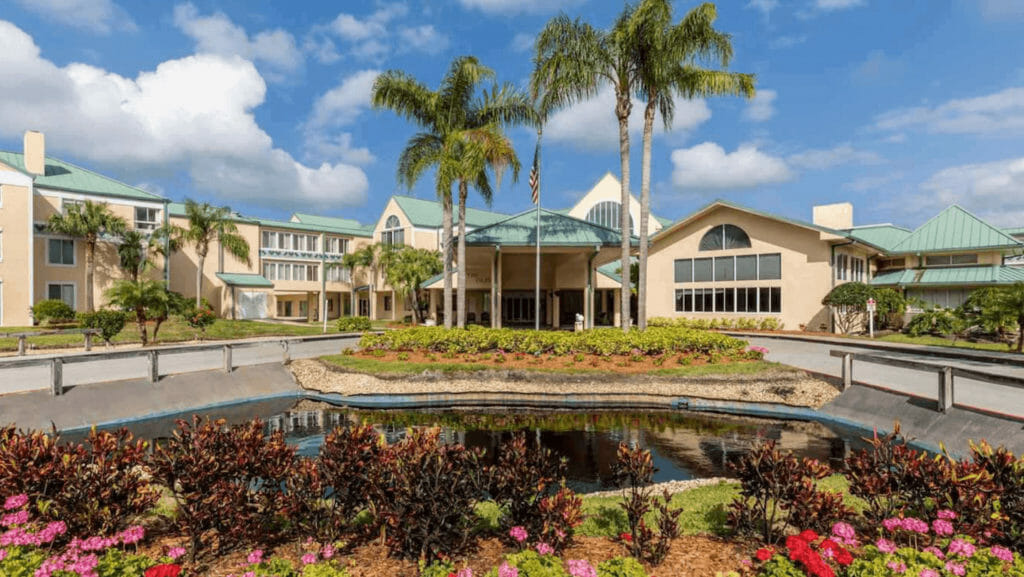As the COVID-19 vaccine continues to roll out to assisted living and independent living communities — having not reached some of those communities yet — two new surveys shed some light on feelings about vaccination among older adults, messages that motivate them to get vaccinated, and the people and places to which they expect to turn when making a decision.
Although this research was not restricted to senior living residents, findings still may prove helpful to those working in the industry, and those they serve.
The Kaiser Family Foundation conducted a nationally representative survey of adults aged 18 and older Jan. 11 to 18 and released the results last week.
Among survey participants aged 65 or more years, 7% said they already had received one of the COVID-19 vaccines authorized for emergency use by the Food and Drug Administration. Of the remaining respondents in that age group, 59% said they planned to get vaccinated as soon as possible if the vaccine was available to them at no charge.
Survey results suggest that vaccinating 30% of respondents in the age group could be a little more challenging, however. Specifically, 21% said they planned to wait to see how the vaccine is working for other people before deciding whether to get vaccinated, 8% said they definitely will not get the vaccine, and 1% said they would only get it if it is required.
The survey suggested who might be enlisted to help inform older adults hesitant to get the vaccine. The two most frequently cited people or groups of people that older poll participants said they were “very” or “somewhat” likely to turn for information when deciding whether to get vaccinated are a doctor, nurse or other healthcare professional (79%) and family members or friends (58%). These sources were followed by state / local health departments and pharmacists (55% each), the Centers for Disease Control and Prevention (46%), and a religious leader such as a minister, pastor, priest or rabbi (22%).
Survey results also indicated what is important to older adults regarding the vaccine. When asked what messages would make them more likely to get vaccinated, the top messages for those 65 and older were that “the quickest way for life to return to normal is for most people to get vaccinated” (60%), “the vaccine will help protect you from getting sick” (57%), and “the vaccines have been shown to be highly effective in preventing illness from COVID-19” (55%).
Statements resonating with less than 50% of respondents included, “We need people to get vaccinated to get the U.S. economy back on track” (49%), “Millions of people have already safely been vaccinated for COVID-19” (42%), “A doctor or healthcare provider you trust has gotten the vaccine” (36%), “There is no cost to get the vaccine” (28%), and “A close friend or family member got vaccinated for COVID-19” (26%).
In a different survey, with results also released last week, the Senior List polled 700 people aged 65 or more years about their vaccine plans and what factors might hold them back from getting the shot.
Two percent said they already have been vaccinated (one-fourth of them said they work in the healthcare industry), and an additional 76% said they planned to do so. Sixteen percent said they weren’t sure whether they would get vaccinated, and 6% said they did not plan to be vaccinated.
Among those who said they were not planning to get vaccinated, the most frequently cited reasons were fear of side effects (67%), concern about the accelerated vaccine development process (43%), distrust of the pharmaceutical industry (25%), and doubts about the vaccine’s effectiveness (24%). Addressing those concerns might help increase the vaccination rate.



